|
The Mercury Seven got their epic in The Right Stuff and so did the crew of Apollo 13, and now Neil Armstrong gets his cinematic apotheosis in Damien Chazelle’s First Man, a Kubrickian masterwork from a director who’s said all he has to say about jazz. Finding fertile new ground in the space race, Chazelle instills his historic representations with the flintiness of his Whiplash characters, portraying Armstrong as a difficult man who, in his difficulty, may have been the only person capable of emerging from the trying 19606’s intact. Utilizing you-are-there filmmaking and the best of Ryan Gosling’s oft-internal performances, First Man signifies Chazelle’s emergence as a singular auteur in total control of his art.
0 Comments
John Curran’s Chappaquidick considers the political figure as a fundamentally weak individual. For all the nobility of public service, the job of an elected official is to work for the constant approval of one’s constituents, a transaction that, uncharitably framed, could be described as neediness, and Curran’s film frames its protagonist as a particularly needy individual. The Ted Kennedy of Chappaquidick is stuck in the martyred shadow of his brothers, and suspects that he’s the Kennedy least capable to fulfill his dictatorial father’s dreams of greatness. So much of the Chappaquidick incident took place behind closed doors, so the film inevitably fills in gaps with dramatic license, but it feels like it’s on the firmest ground when it’s considering the trade-offs and compromises that public life requires, up to and including the distortion of the final moments of a woman’s life to preserve a man’s career.
Acclaimed director Jacques Audiard turns his eyes to the Old West in his first English-language film, The Sisters Brothers. Audiard’s film becomes immediately noteworthy by the very long list of production companies that precede the opening frames, a testament to how difficult it’s getting to make a mid-budget film, even one that includes a main cast of four actors in their creative primes. Getting those dozens of companies on the project ultimately did the Sisters Brothers few favors, as it was ignored by audiences and forgotten by critics. Audiard has been at the helm of great films in his native France, but something’s missing in this particular corner of the frontier.
For his feature debut, Jeremiah Zagar embodies the independent cinema tradition of cribbing from Terence Malick, but with minority protagonists. Zagar’s film about a multi-racial family of five in upstate New York immediately evokes the Waco portions of Malick’s Tree of Life with its central family of three rambunctious boys, a gentle mother (Sheila Vand), and an unpredictable father (Raul Castillo). This strategy worked for David Gordon Green’s George Washington and it may very well work with Zagar, because his We the Animals is the work of a deep and promising filmmaker.
There are chilling, nigh-unspeakable horror films like Rosemary’s Baby or Raw or Hereditary that worm into one’s psyche and push the limits of being able to sit in a seat, while there are others that bolt the viewer to the chair in perfectly-calibrated suspense i.e. Alien and The Thing. A Quiet Place is more indebted to the latter example, a helluva thrill ride that doesn’t linger as long as the former type. John Krasinski’s surprise hit dedicates itself to building the most crowd-pleasing film possible within the confines of its genre and its high-concept premise. It efficiently gets in and gets out, barely leaving a mark, but that ephemerality doesn’t prevent A Quiet Place from being tremendously entertaining.
|
Side PiecesRandom projects from the MMC Universe. Categories
All
Archives
April 2023
|
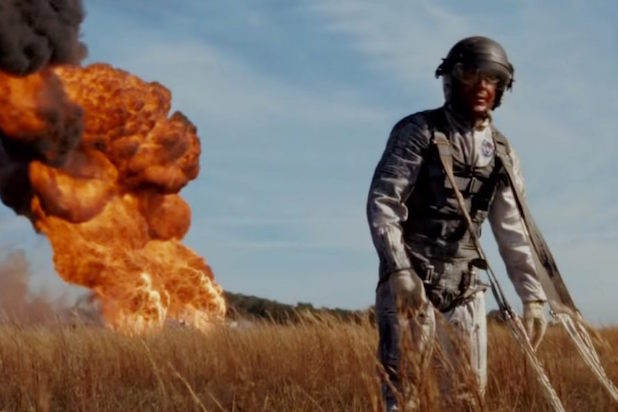
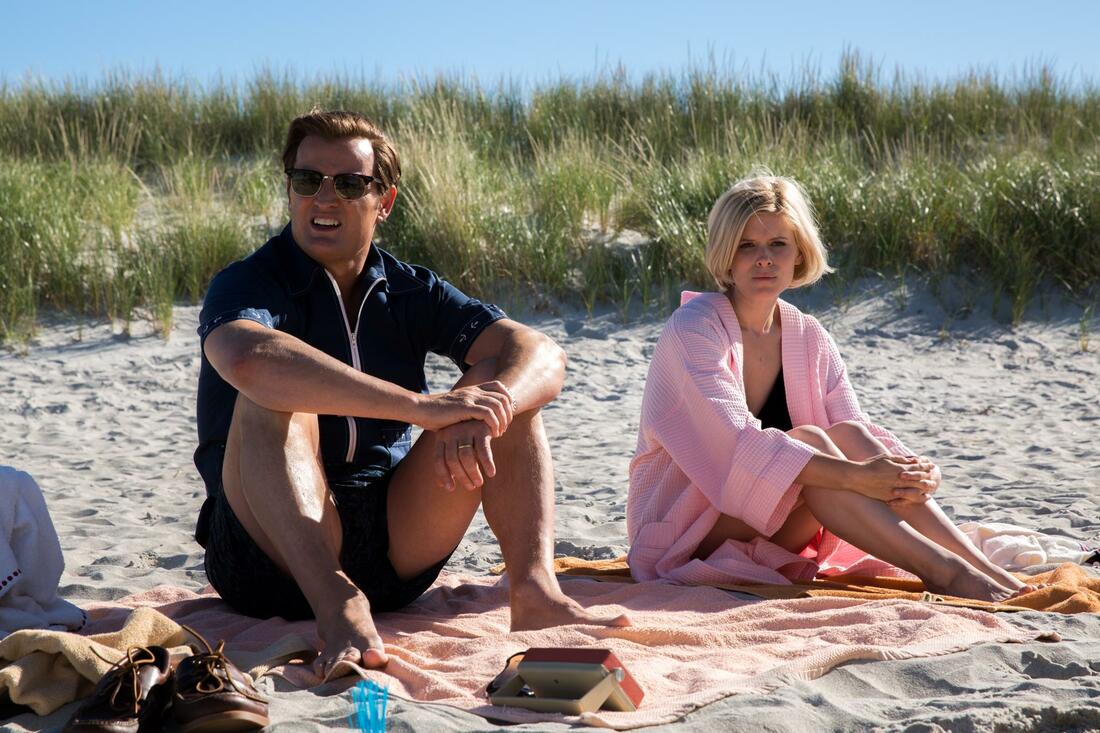
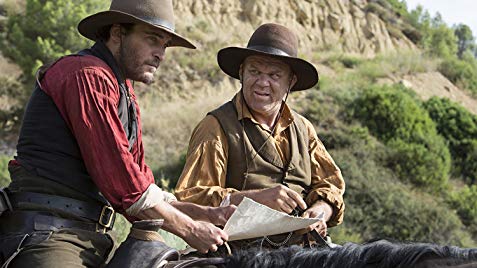
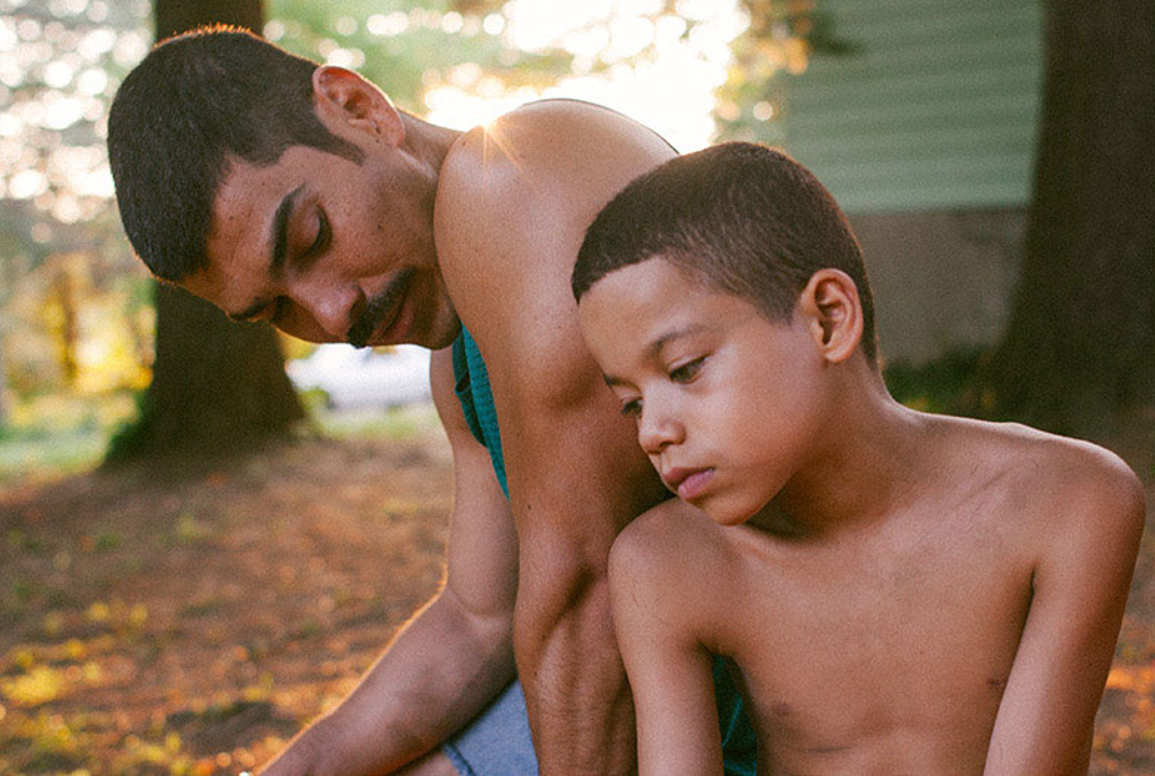
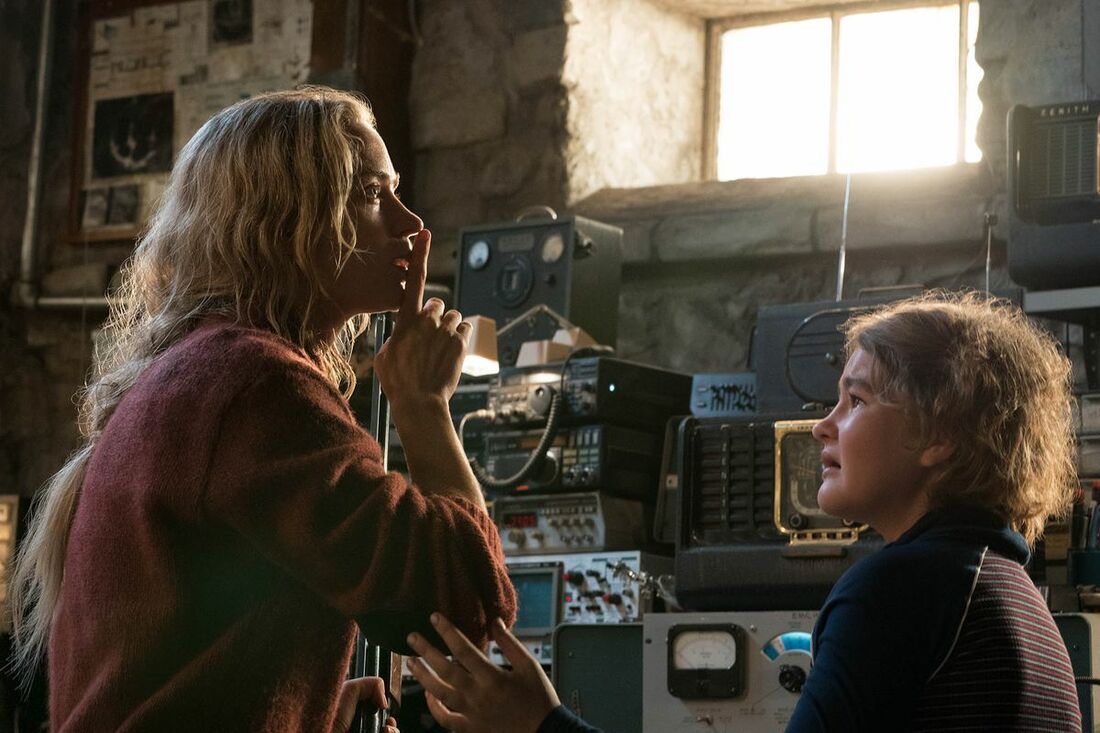
 RSS Feed
RSS Feed